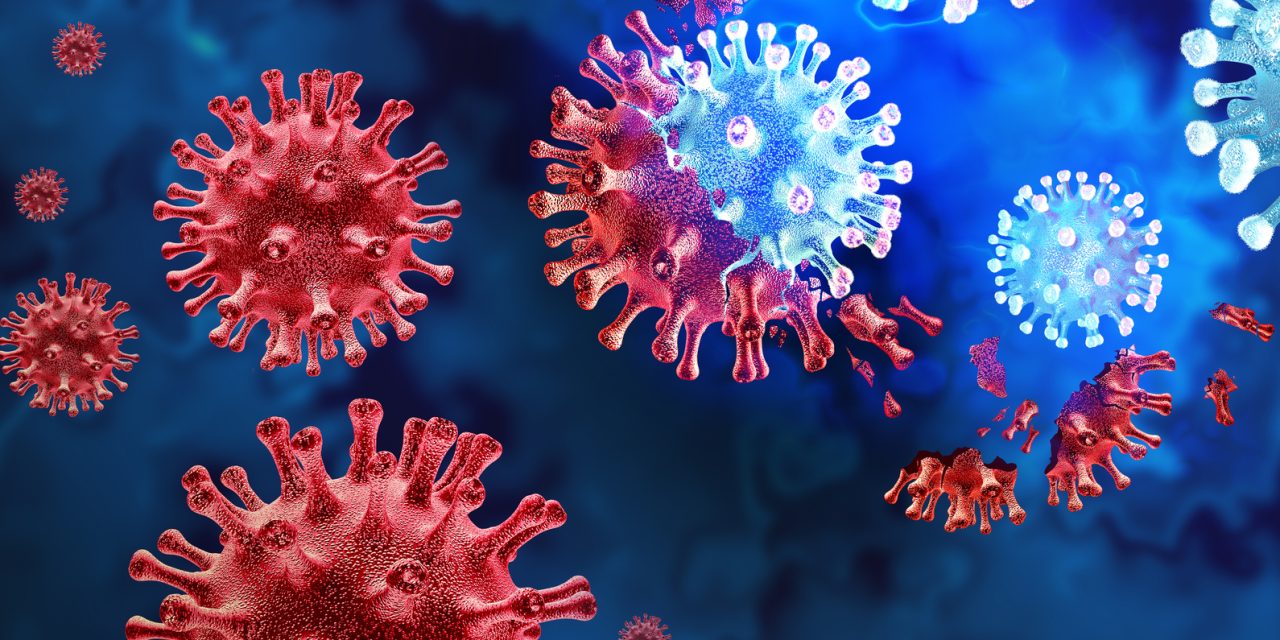To ascertain the frequency of markers of transfusion-transmitted infections among blood donors in a tertiary care setting.
The retrospective cross-sectional descriptive study, was conducted in the Blood Bank section of the Department of Pathology at the Dow University of Health Sciences, Karachi, and comprised data of blood donors from January 2013, to October 2018. All blood donors had been screened for hepatitis B, hepatitis C, human immunodeficiency virus I and II, syphilis through electrochemiluminescence and malaria using immunochromatography. Data was analyzed using SPSS 21.
Of the 29,732 donors, 29,712(99.93%) were males and 20(0.06%) were females; 12(0.04%) were volunteers and 29,720(99.95%) were exchange donors. Overall, 2587(8.7%) donors were positive for an infectious disease; 908(3%) hepatitis C virus, 887(2.9%) hepatitis B, 620(2%) syphilis, 168(0.5%) human immunodeficiency virus and 4(0.02%) malaria.
Hepatitis C and B were the most frequent infections, followed by syphilis in the sample.
Seroprevalence of Hepatitis B, Hepatitis C, Human Immunodeficiency Virus, syphilis, and malaria among blood donors at tertiary care hospital blood bank.


